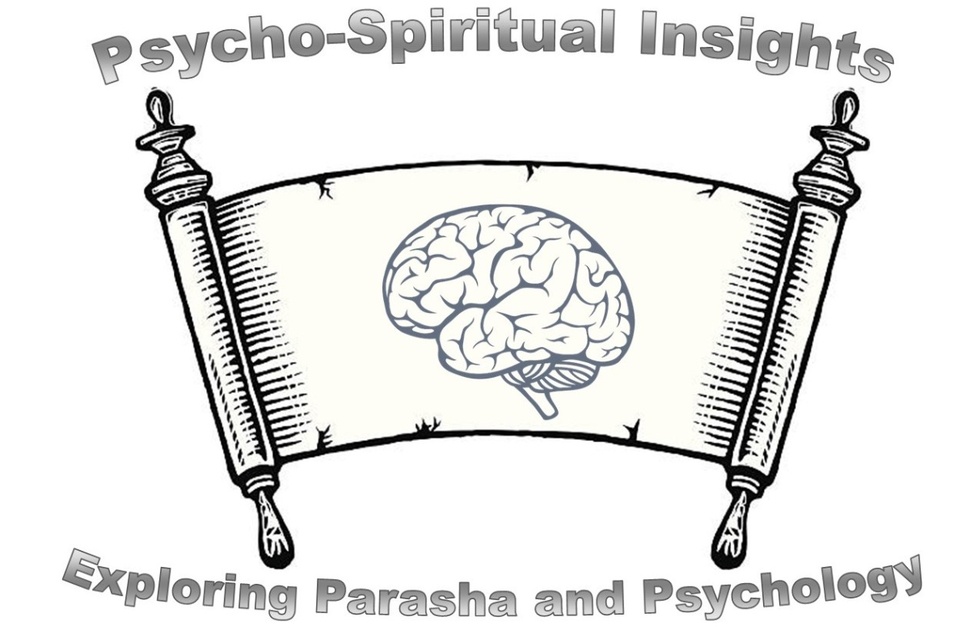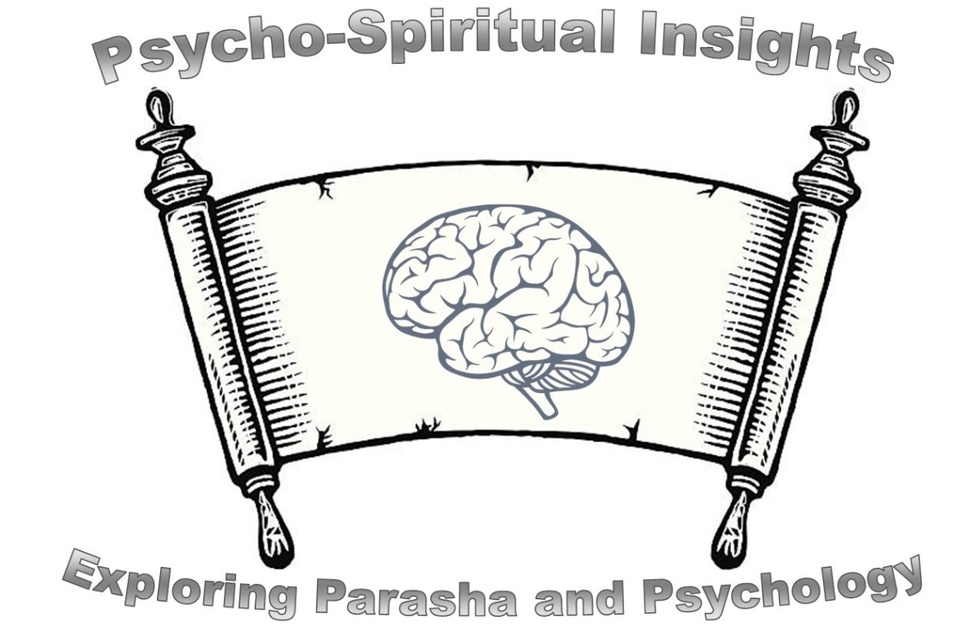
Parshat Bo unfolds a pivotal moment in the narrative of the Bnei Yisrael’s journey towards freedom. It contains the last three plagues, culminating with the exodus of the new Jewish nation. Amidst these dramatic occurrences, we can identify elements of human behavior leading to Pharoah’s motivation to hardening his heart and subsequently Hashem hardening his heart for him. Many classical commentators address how Hashem could take away Pharoah’s free will and harden his heart against his will. In examining this portion through the lens of cognitive dissonance and the sunken cost fallacy, we can gain insights into the human psyche and answer the question of the commentators.
Cognitive dissonance refers to the mental discomfort or tension that a person experiences when holding two or more contradictory beliefs, values, or attitudes simultaneously. The sunk cost fallacy is a cognitive bias where individuals continue investing in a decision based on the cumulative prior investment (sunk costs), despite new evidence suggesting that the cost will not be recouped. Both concepts highlight the influence of psychological factors on decision-making and behavior. Cognitive dissonance encourages individuals to resolve internal conflicts by changing beliefs or behaviors, while the sunk cost fallacy can lead to suboptimal decision-making by focusing on past investments rather than future outcomes.
The Shemot Rabbah discusses how Pharoah hardened his own heart fives times after five plagues. Pharoah experienced the cognitive dissonance of seeing the suffering his nation faced due to plagues and simultaneously wanted to continue his supremacy over his nation of slaves. In an effort to resolve this tension, he hardened his heart to reduce his empathy towards his nation and Bnei Yisrael. The Chizkuni mentions that the torah uses the word ‘Gam – Also this time’ referring to the occasions in which Pharoah hardened his heart, indicating Pharoah feeling justified by his actions. Pharoah continued to see the plagues damage to his nation and yet continued to push forward after each plague due to the cumulative prior investment he had already placed on not letting them go. Rabbeinu Bachya says it is totally unnatural for a person experiencing the kind of plagues Pharaoh and the Egyptians endured not to suffer a total mental collapse. The Torah had already described how, during the first five plagues, Pharaoh had drawn on his psychological reservoirs of obstinacy to stand fast in face of these plagues.
Based on seeing the direct impact of these two psychological phenomena on Pharaoh’s behavior and the continued direction of his evil inclination, the Shemot Rabbah further answers our question above. Rabbi Shimon ben Lakish said “Since Hashem sent five times to him and he took no notice, Hashem then said: 'You have stiffened your neck and hardened your heart; well, I will add to your uncleanness’ (Midrash Rabbah, Exodus 13:3).” Pharaoh's reluctance to release the them exemplifies this fallacy. As the plagues intensify, Pharaoh's refusal becomes a matter of pride and an unwillingness to let go of what he perceives as a significant investment. Despite the mounting costs and suffering, Pharaoh persists in his course of action, driven by a reluctance to accept the sunk costs and change his decision thereby losing his free will of choice.
Rabbi Moshe Chaim Luzzatto wrote, “Our external actions have an effect on our inner feelings. We have more control over our actions than our emotions, and if we utilize what is in our power, we will eventually acquire what is not as much in our power.” The interplay of cognitive dissonance and the sunken cost fallacy in Parshat Bo serves as a cautionary tale for us. It prompts reflection on our own lives, encouraging us to examine situations where we may hold conflicting beliefs or persist in decisions due to invested time, energy, or resources. May we strive to navigate our lives with clarity, embracing the wisdom to recognize when we are held captive by cognitive dissonance and sunken cost, and summon the courage to choose a path of liberation and growth.
Elan Javanfard, M.A., L.M.F.T. is a Consulting Psychotherapist focused on behavioral health redesign, a Professor of Psychology at Pepperdine University, & a lecturer related to Mindfulness, Evidence Based Practices, and Suicide Prevention. Elan is the author of Psycho-Spiritual Insights: Exploring Parasha & Psychology, weekly blog. He lives in Los Angeles Pico Robertson community with his wife and three children and can be reached at Elan.Javanfard@gmail.com.
 Previous
Previous

